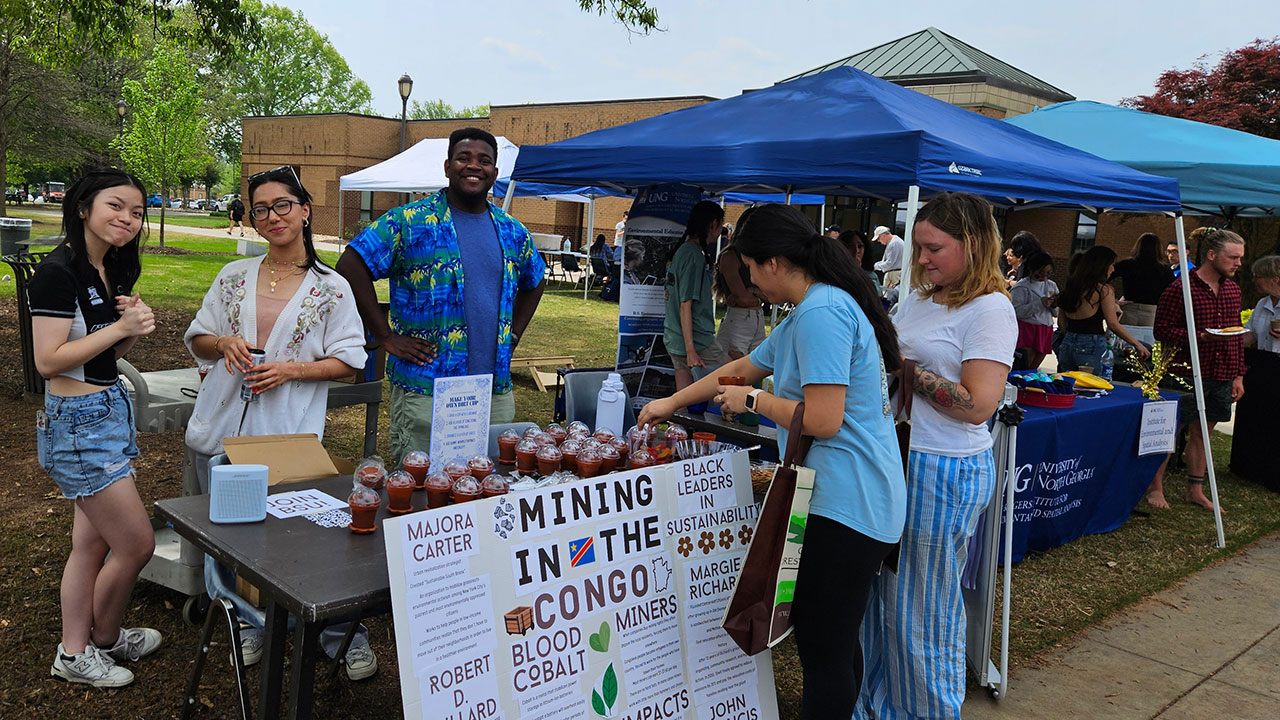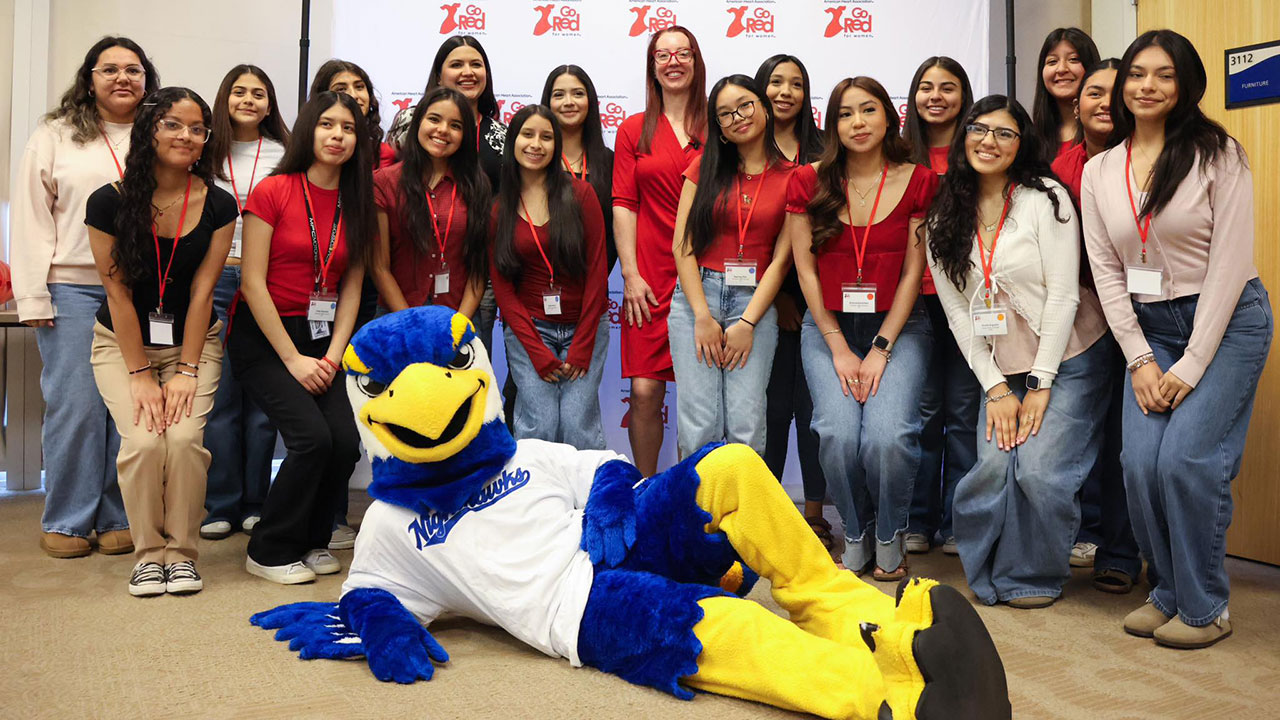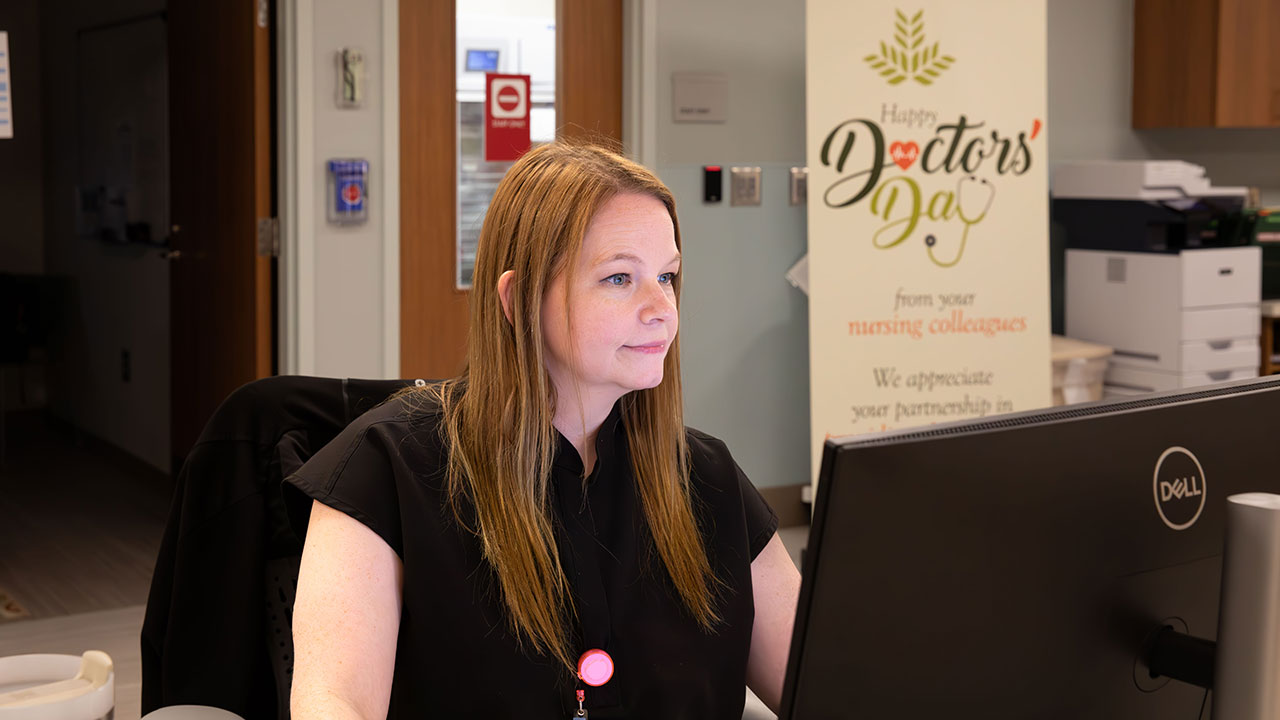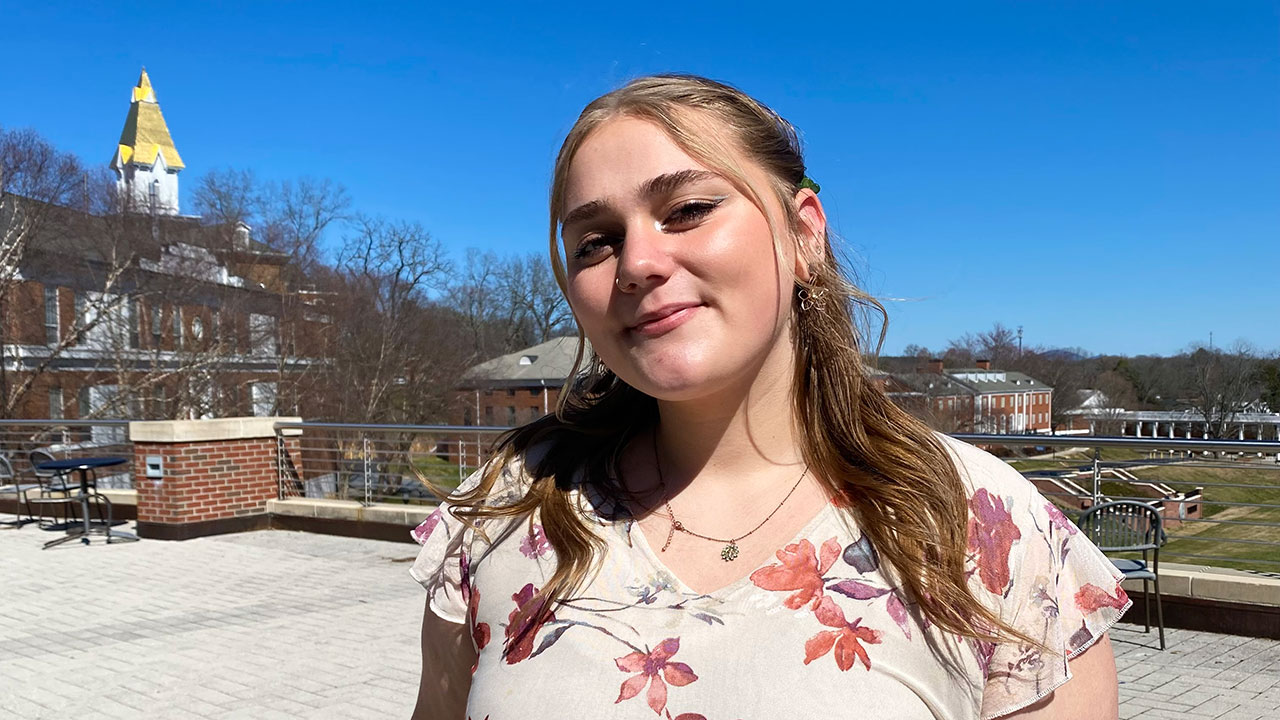UNG part of USG efforts to collect medical supplies for COVID-19 fight

Article By: Clark Leonard
The University of North Georgia (UNG) and the other 25 University System of Georgia (USG) institutions are partnering with Gov. Brian P. Kemp and the Georgia Emergency Management and Homeland Security Agency (GEMA) to redirect personal protective equipment (PPE) and other critical medical supplies from the state's public universities and colleges to healthcare workers fighting COVID-19.
From its inventory, UNG collected 2,580 sanitizing wipes, 692 boxes of gloves, 689 pairs of safety goggles, 635 procedure masks, 256 surgical gowns and 70 N95 masks. Faculty from the chemistry and biochemistry and biology departments and College of Health Sciences & Professions, Public Safety staff, and Student Health Services staff assisted in the effort.
"I am very thankful for everyone who came to campus on short notice to compile these items to help our local hospitals and healthcare providers," said Greg Williams, associate director of emergency preparedness at UNG.
Public safety and emergency management personnel at all 26 USG institutions are coordinating with departments on each campus to inventory and collect these supplies, which typically are used for everything from research and campus maintenance to nursing programs and on-campus health clinics.
GEMA and the Georgia Department of Public Health (DPH) will determine where the supplies are needed most across the state.
"Across our state, Georgians are working tirelessly to coordinate efforts in our fight against COVID-19," Kemp said. "I applaud the University System of Georgia for taking action to keep our healthcare workforce and communities safe and healthy in the weeks ahead. We are all in this fight together."
The latest USG inventory of supplies ready for pick-up or have already been picked up by GEMA and DPH for distribution include:
- Ventilators: 38
- Gloves: 375,755
- Masks (including surgical and N95): 19,718
- Medical gowns, coveralls and accessories (including hair and shoe covers): 18,020
- Goggles (includes face shields): 2,061
- Sanitizing supplies (includes hand sanitizer, spray sanitizer and sanitizing wipes): 1,757
- Thermometers: 300
"The University System of Georgia and our 26 institutions will continue to do all we can to support our healthcare workers at the frontlines of this fight," USG Chancellor Steve Wrigley said. "I am grateful to Governor Kemp for his leadership, and appreciate the help and collaboration from GEMA and DPH to get this done."
USG is also partnering with GEMA and DPH to help expand the State of Georgia's COVID-19 testing capabilities. These efforts come as students, staff and faculty at individual institutions are contributing in different ways to meet the needs of healthcare workers, hospitals and other medical providers. This includes conducting research to develop COVID-19 therapies, using 3D-printed parts to build makeshift medical gear, and sewing masks for healthcare workers and hospitals.



